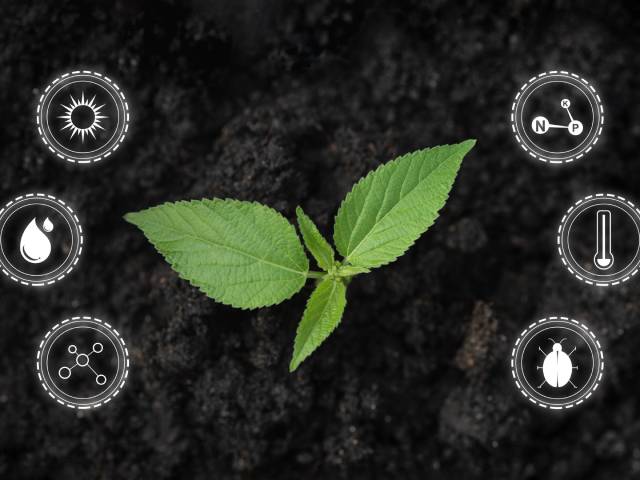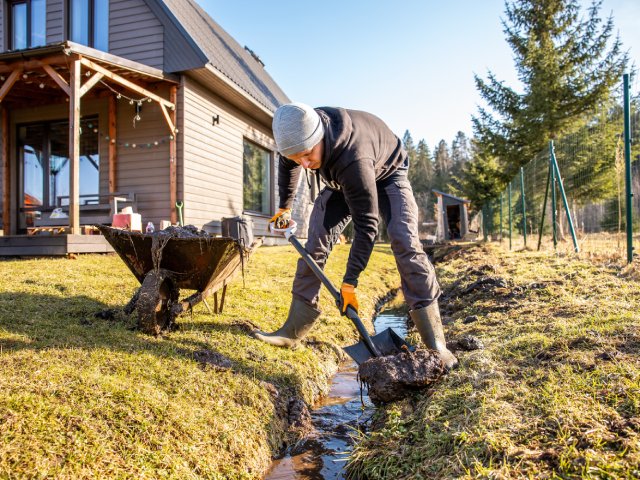

Sustainability is a crucial aspect of modern farming. More and more farmers are recognizing and adopting sustainable practices to ensure the long-term health of their land and crop yields. This post will provide practical strategies to help you increase sustainability on your farm, so read on to learn how you can embrace farming sustainability.
Integrated Pest Management (IPM) uses biological, cultural, mechanical, and chemical methods to control pests. Using these alternatives allows farmers to reduce chemical pesticide use, which harms the environment and human health. IPM promotes regular pest monitoring and applying control methods responsibly, reducing the risk of resistance and fostering a healthier ecosystem.
Water conservation is essential for sustainable farming, especially in drought-prone regions. Efficient water management helps enhance crop yields and preserves this vital resource. Farmers should consider adopting drip irrigation systems, which deliver water directly to the plant roots, minimizing evaporation and runoff. This method ensures that crops receive the right amount of water, promoting healthier growth.
Rainwater harvesting is another effective strategy for conserving water. Farmers can supplement their irrigation needs during dry periods by collecting and storing rainwater. Additionally, maintaining healthy soil with good organic matter content enhances water retention, reducing the need for frequent irrigation.
Crop rotation is a time-tested strategy for improving soil health and reducing pest and disease pressures. Farmers can disrupt the life cycles of pests and diseases that thrive on specific plants by changing the types of crops grown in a particular field each season. This practice also maintains soil fertility by preventing the depletion of essential nutrients.
Diversifying crops within a rotation plan can provide multiple benefits. Legumes, for example, fix nitrogen in the soil, reducing the need for synthetic fertilizers. Incorporating cover crops into rotations can enhance soil structure, prevent erosion, and improve water infiltration. Farmers who practice crop rotation often see increased yields and reduced input costs, contributing to farm sustainability.
Soil conservation practices maintain and improve soil health for long-term productivity. Conservation tillage reduces soil disturbance and retains organic matter. It minimizes erosion, improves water retention, and enhances soil structure.
Cover cropping during the off-season protects soil, adds organic matter, and suppresses weeds. Adding organic elements such as compost and manure enriches soil nutrients and boosts microbial activity. Often, farmers prioritizing soil health see more resilient crops and less reliance on chemicals.
As more companies start to shift their businesses toward sustainability, farming is no different. Adopt these strategies to increase sustainability on your farm. Each of these eco-friendly agricultural strategies can enhance farm sustainability. Farmers can ensure their land’s long-term health and productivity by implementing these methods. Consider incorporating these practices on your farm to contribute to a more sustainable and resilient agricultural system.
24World Media does not take any responsibility of the information you see on this page. The content this page contains is from independent third-party content provider. If you have any concerns regarding the content, please free to write us here: contact@24worldmedia.com

Why You Need To Improve Drainage on Your Property

Essential Tips To Shield Your Car Windows From Damage

Warehouse Optimization Tips To Improve Performance

How High-Humidity Climates Affect Pressure Gauges

How Is Global Health Improving Year After Year

Ways That You Can Make Your Land More Useful

Essential Materials Used in the Construction Industry

A Look Into 3 Aspects of Maintaining Wind Turbines

Key Factors To Know Before Using IoT Solutions

Avoiding Hazards: How Vehicle Manufacturers Keep People Safe